Seal Beach, located in Southern California, is renowned for its beautiful coastline and vibrant beach culture. One of the key aspects of enjoying a beach experience is understanding the water temperature. This article provides an in-depth look at the water temperature at Seal Beach, focusing on seasonal variations, how it affects beach activities, and tips for visitors. We’ll also explore local cultural experiences that revolve around this beautiful beach.
What Affects Water Temperature at Seal Beach?
The water temperature at Seal Beach is influenced by a variety of factors including geographical location, time of year, and ocean currents. The Pacific Ocean has unique characteristics that lead to varying temperatures, making it essential for beachgoers to stay informed.
1. Seasonal Variations
Water temperature at Seal Beach changes with the seasons:
- Winter (December – February): The coldest months, with average temperatures ranging from 55°F to 60°F.
- Spring (March – May): Gradual warming occurs, with averages between 58°F and 65°F.
- Summer (June – August): Peak season for beach activities, temperatures can rise to between 65°F and 70°F.
- Fall (September – November): A slight drop, averaging 62°F to 68°F.
Temperature Comparison Table
| Season | Average Water Temperature (°F) | Activities |
|---|---|---|
| Winter | 55°F – 60°F | Surfing (wetsuit recommended) |
| Spring | 58°F – 65°F | Swimming (wetsuit recommended) |
| Summer | 65°F – 70°F | Swimming, sunbathing, and beach activities |
| Fall | 62°F – 68°F | Surfing and relaxing |
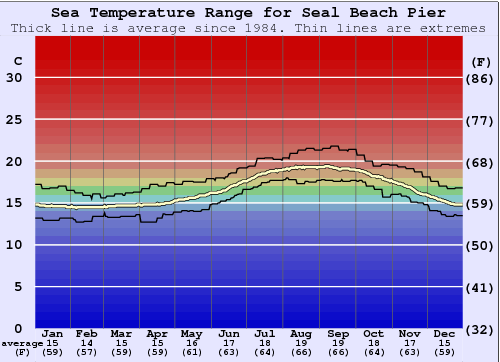
2. Ocean Currents
The California Current and other local currents significantly influence the water temperature, bringing cooler or warmer waters depending on the season.
3. Local Weather Conditions
Local weather, including wind patterns and heat from the sun, also plays a role in water temperature. Days with higher temperatures can warm the shallow waters, while cooler and overcast conditions can create a drop in temperature.
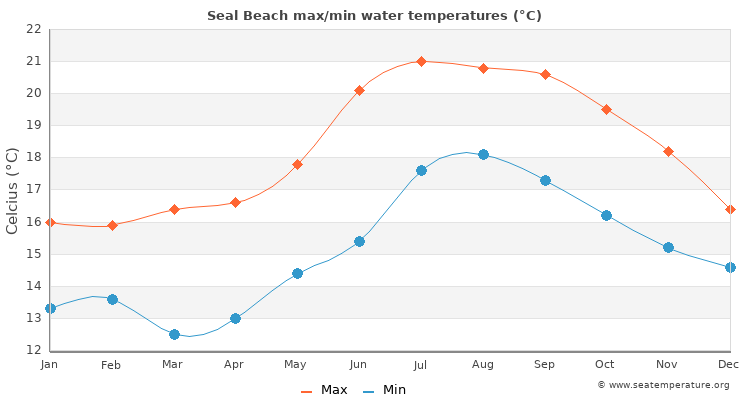
How Water Temperature Affects Beach Activities
The water temperature at Seal Beach directly impacts the types of activities that are enjoyable and safe for beachgoers. Understanding this can help maximize enjoyment.
Swimming
Typically, swimmers prefer temperatures above 70°F for comfortable swimming without a wetsuit. However, cooler temperatures can still be delightful for those who are used to it.
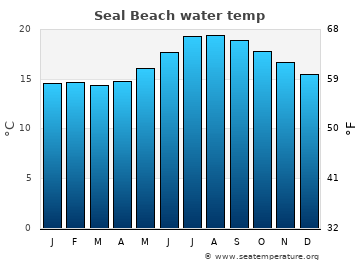
Surfing
Surfing is a popular activity year-round at Seal Beach. In the winter months, surfers often wear thicker wetsuits to withstand the colder temperatures.
Snorkeling and Diving
Colder water can deter snorkeling and diving activities as marine life tends to retreat to deeper parts of the ocean. The best times for these activities are late spring to early fall when temperatures are optimal.
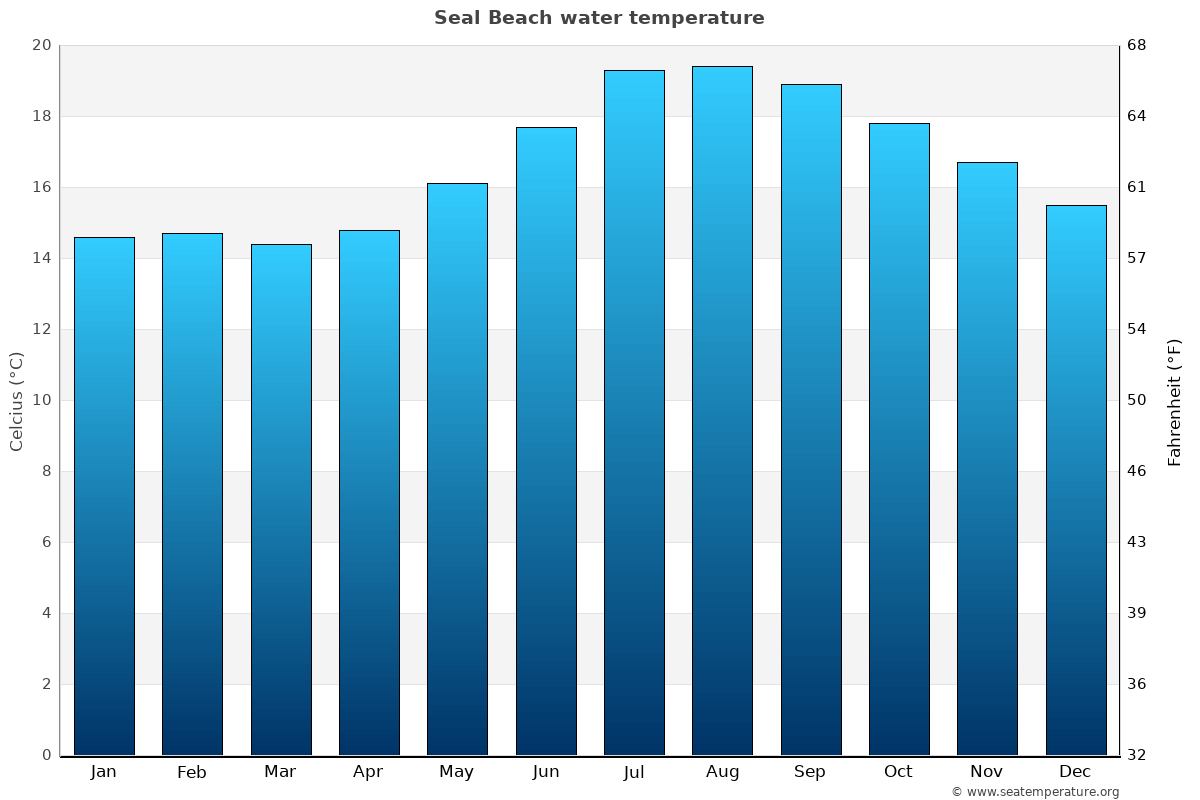
Fishing
Fishing is a year-round activity but is most successful in warmer waters. Anglers should check local regulations and seasonal patterns for the best results.
Local Cultural Experiences Related to Water Temperature
Seal Beach offers a cultural tapestry that celebrates its coastal environment. Here are a few experiences to consider:
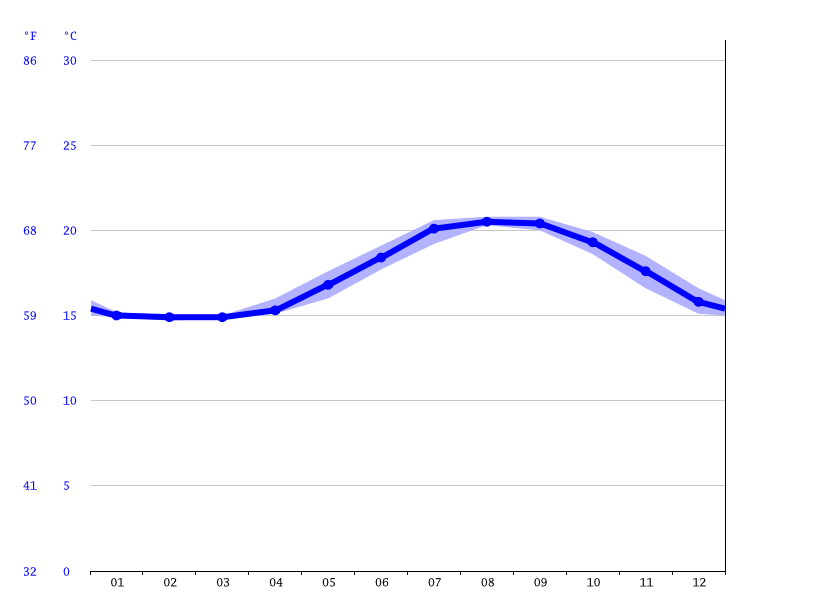
1. Seal Beach Seafood Festival
This annual festival celebrates local cuisine, with a focus on seafood caught in the area. Festivals typically occur in warmer months, making it a great place to enjoy food while basking in the sun.
2. Historical Significance of the Pier
The Seal Beach Pier is a historic landmark with a vibrant fishing community. The pier also offers insights into how local fishermen adapt to different water temperatures and conditions for their livelihood.

How to Monitor Water Temperature at Seal Beach
For beachgoers looking to check water temperatures before their visit, several resources are available:
1. Online Weather Services
Websites like Weather.com and AccuWeather provide real-time temperature updates.
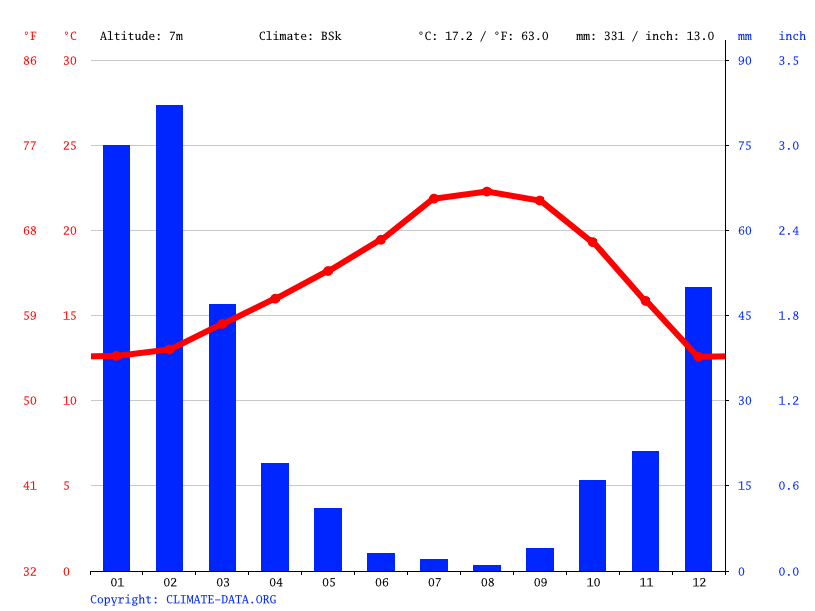
2. Local Smartphone Apps
Apps such as Swellinfo and Magic Seaweed deliver water temperature forecasts alongside surf reports.
3. NOAA Marine Weather
The National Oceanic and Atmospheric Administration (NOAA) provides comprehensive marine weather forecasts, including water temperature updates that can be found on their website NOAA.gov.
Pros and Cons of Different Methods to Monitor Water Temperature
| Method | Pros | Cons |
|---|---|---|
| Online Weather Services | Easy access, user-friendly, mobile-friendly. | May not provide hyper-local data. |
| Smartphone Apps | Real-time updates, customized alerts. | Dependent on smartphone availability and battery life. |
| NOAA Marine Weather | Highly accurate and detailed reports. | A bit technical for general users. |
Frequently Asked Questions
What is the average water temperature at Seal Beach during summer?
The average water temperature during summer hovers between 65°F and 70°F, making it ideal for swimming and other water activities.
How does water temperature affect swimming safety?
Water temperatures below 70°F can lead to hypothermia if swimmers are not acclimated or wearing proper gear, so it’s important to assess conditions.
Are there any recommended clothing for swimming in colder waters?
For temperatures below 70°F, a wetsuit or swim shirt is recommended to maintain body heat and reduce risks associated with colder water temperatures.
How can I find the best local fishing spots related to water temperature?
Consult local fishing reports, marine forecasts, and engage with local fishing communities online to find the best spots related to varying temperatures.
Where can I find more information on ocean currents affecting Seal Beach?
The Oceanic Server provides detailed reports on ocean currents and their effects on various beaches, including Seal Beach.
Conclusion
Understanding the water temperature at Seal Beach is essential for optimizing your beach experience, whether you’re swimming, surfing, or just relaxing by the shore. By taking into account seasonal variations, local weather conditions, and monitoring resources, visitors can ensure a safe and enjoyable time at this beautiful California destination. Embrace the culture, enjoy the activities, and make the most out of your time at Seal Beach!